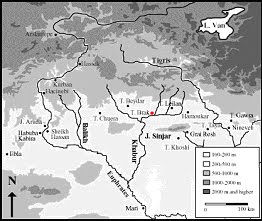Back to the point of this posting. I want to retrace the travel section, if at all possible by the Orient Express although the cost seems prohibitive (perhaps another of my preparatory tasks must be to find a sugar daddy toute suite). However, I want to spend time at the two archeological sites to drink in every day life and live within the landscape that Ms Christie loved so much. I want to see if there have been changes and allow a 21st century audience to see beyond the 'axis of evil' and the general fear of Arabs that is prevalent in the West. Just two weeks ago, at a small village produce show, an elderly Norfolk man made a comment about a photo taken inside a mosque in Oman.
Cor, you wouldn't catch me taking a photo in a mosque. Probably get blown up!
If I am to spend time at Chagar Bazar, or nearby, I will need to do something, preferably a paid job. Well, I can type, write and take photographs. I can cook plain food, clean and do laundry (although I expect local people can do the same and need the job more than I do). So, my current quest is to investigate how I can find a job in Syria. Seems a daunting prospect, but with determination . . .
